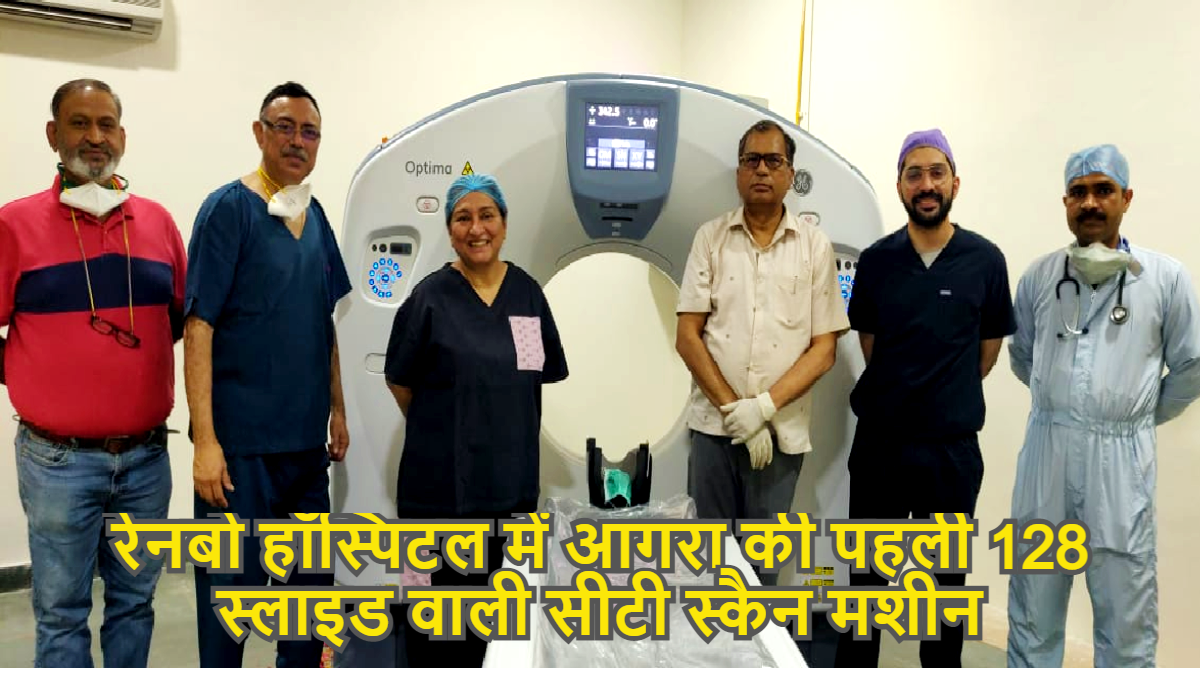Dr. Pradeep Sharma, Senior Consultant Colorectal and General Surgeon at Jehangir Hospital
Pune (Maharashtra) [India], January 11: Constipation is a common health problem, affecting millions of people every year in India. Constipation is a problem with passing stool in which an individual has hard faeces which is difficult to expel. It generally means passing fewer than three stools a week or having a difficult time passing stool. While most people experience occasional constipation, for many it can become a chronic condition that has a significant impact on their overall health.
According to a 2022 survey by Abbott India, 22% of Indian adults reported experiencing constipation with 13% experiencing severe constipation. A study published in the National Center for Biotechnology Information in 2022 estimated that 4.7% of Indians suffer from chronic constipation. While constipation may seem like a minor inconvenience, it is a disease that can have a significant impact on a person’s overall health if left untreated. An in-depth conversation with Dr. Pradeep Sharma, Senior Consultant Colorectal and General Surgeon at Jehangir Hospital to understand the disease and help in prevention.
What are the symptoms of Constipation?
Common symptoms of constipation include abdominal pain or cramping, bloating, and a feeling of fullness in the abdomen. These discomforts are caused by the pressure built up in the intestinal tract due to the difficulty in passing stools. Many people with constipation may also experience a decreased appetite and a feeling of general malaise. This is because the digestive system is not working efficiently, making the person feel tired and sluggish.
What are the causes of Constipation?
There are several causes of constipation, and understanding them can help prevent and manage this condition.
Lack of Fibre: Without enough fibre, stool becomes hard and difficult to move, leading to constipation. A diet high in processed foods, low in fruits and vegetables, and lacking whole-grain products can contribute to low fibre intake and constipation.
Physical Inactivity: A sedentary lifestyle is also a common cause of constipation. Lack of physical activity can slow down the digestive system and cause constipation. Physically inactive adults, bedridden people or elderly people are at higher risk of developing constipation.
Medications: There are a lot of medications known to cause constipation like antidepressants, anticonvulsants, calcium channel-blocking drugs, aluminium-containing antacids, diuretics etc. which should be avoided.
Irritable Bowel Syndrome: People suffering from IBS get constipation more frequently than others.
Pregnancy: Hormonal changes during pregnancy can make a woman more susceptible to constipation. The uterus may sometimes compress the intestine, slowing down the food passage.
Overuse of Laxatives: Laxatives help in bowel movements, However, using them regularly makes a person become dependent on them, which increases the risk of constipation when they are stopped.
Not Drinking Enough Water: Not drinking enough water can cause the stool to become dry, making it challenging to pass through the intestines. Sodas and drinks containing caffeine can cause dehydration and worsen the condition.
Problems with the Colon or Rectum: Tumours, scar tissue, diverticulosis, and abnormal narrowing of the colon or rectum, known as the colorectal structure can cause constipation.
Some Diseases and Conditions: Some diseases slow down the movement of faeces through the colon, rectum, or anus and can also be a cause. For example, in cancer patients, it occurs mainly due to pain medications and chemotherapy.
What are some of the complications and risk factors for constipation?
Severe constipation can develop into serious conditions like: rectal bleeding, anal fissure, or small tear around the anus. It can also lead to haemorrhoids, or swollen, inflamed blood vessels in the rectum. It gives rise to faecal impaction, or collection of stool in the anus and rectum, leading to an obstruction in the path to leave the body.
When to consult a doctor?
It is advisable to consult a doctor If you have constipation with any of the following conditions:
- Symptoms that last longer than three weeks
- Symptoms that impact routine activities
- Bleeding from the rectum or blood on toilet tissue
- Blood in your stools or black stools
- Other unusual shape or colour changes in stools
- Stomach pain that doesn’t stop
- Weight loss without trying
What are the preventive steps to avoid chronic constipation?
The following tips helps to avoid developing constipation
- Consume high fibre rich foods, including vegetables, fruits, beans and whole-grain foods
- Avoid consuming low fibre foods such as processed foods, dairy and meats
- Drink plenty of fluids
- Stay active and exercise regularly
- Don’t ignore the urge to pass stool
- Create a regular schedule for passing stools, especially after a meal
Constipation is a regular digestive issue that can impact people of any age. A low-fibre diet, dehydration, lack of exercise, some medications, and underlying medical disorders are just a few of the causes. Although it can be unpleasant and inconvenient, constipation can be treated easily with lifestyle modifications. If your Constipation is severe or comes with additional symptoms like weight loss, bleeding, or stomach pain, it is highly suggested to consult a specialist for constipation treatment. Most people can find relief from constipation and experience regular bowel movements and greater digestive health after proper care and management.
If you have any objection to this press release content, kindly contact [email protected] to notify us. We will respond and rectify the situation in the next 24 hours.
-up18 News




